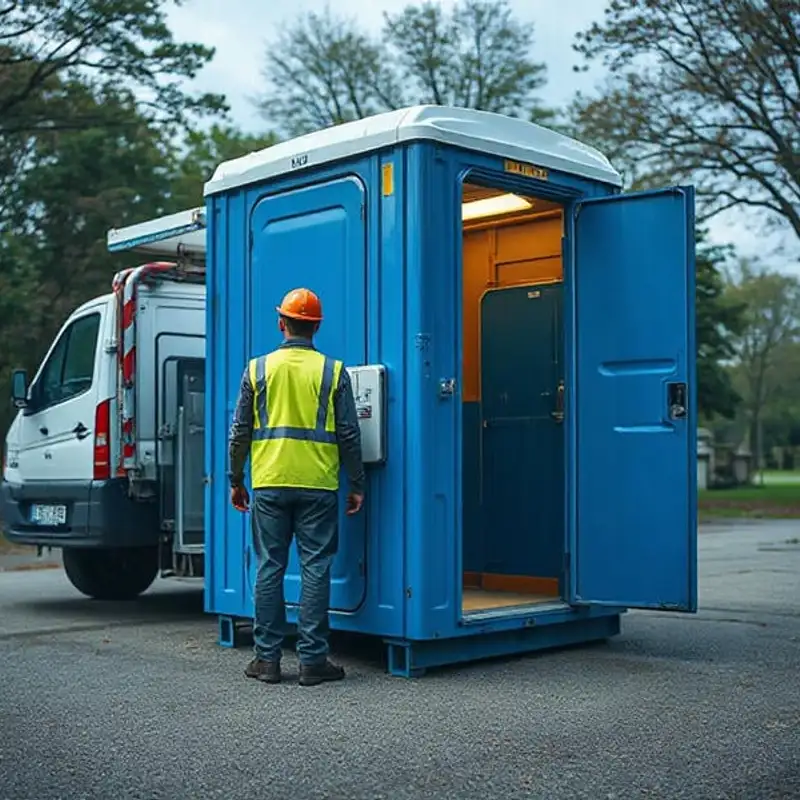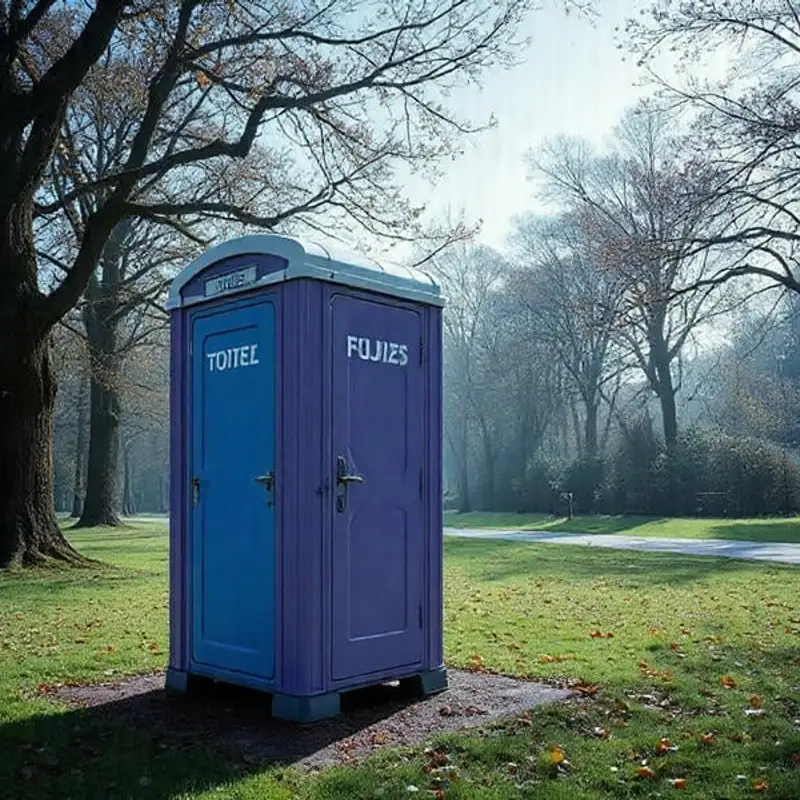Hand Washing Stations: The Unsung Heroes of Site Sanitation
Hand washing stations - just basic hygiene and compliance, right? Well, the numbers tell a shocking story: one sick worker can cost a company $4,600 in lost productivity, while a simple hand washing station costs less than $100 a week.
Those numbers really put things in perspective. I've been looking at the data and it's fascinating how something so basic can have such a massive financial impact.
Let me break this down because it gets even more interesting. When you factor in OSHA fines starting at $13,494 per violation, plus the fact that 80% of workplace illnesses spread through touch, we're talking about serious business implications.
So what exactly are companies looking at in terms of prevention costs versus potential losses?
Well, here's where it gets really compelling. A standard station runs about $75-95 per week with service, while dual-sink stations go for $115-135. But here's the kicker - placement is everything. If you put these stations more than 30 feet from porta-potties, usage drops by 70%.
Hmm... that's a fascinating psychological aspect I hadn't considered. What other placement factors come into play?
Three non-negotiable rules have emerged from the data: pair with porta-potties at a ratio of one station per four toilets, place additional stations within 100 feet of food areas, and position one at every major site entrance. But here's what people often overlook - in New England weather, protection from the elements is crucial. Frozen pipes mean zero compliance.
You know, I've been reading about how this impacts customer perception too. The numbers are pretty striking.
Oh man, let me tell you about this Massachusetts wedding venue that COMPLETELY transformed their business. They added premium hand washing stations and saw an additional $3,200 per event through premium package upgrades. And get this - a Springfield construction firm landed a $2.7 million contract largely because their site cleanliness impressed the client during a walk-through.
That's incredible — and it really shows how these small details can have such huge implications.
Exactly, and here's where the ROI calculation becomes undeniable. Monthly cost: $480 for a standard station with service. The benefit? A 29% reduction in worker sick days, saving about $1,150 per month per 10 workers. Plus, clean sites generate three times more referrals than those without visible sanitation.
The impact on event planning must be significant too, considering how much customer experience matters.
You better believe it. The surveys show that 73% of attendees notice bathroom cleanliness first - before anything else. And here's what's wild: 91% associate hand washing stations with "professional management." It's become this unexpected marker of quality.
Well that certainly changes how we should think about site sanitation investments.
And that's just it - we need to stop thinking about these as expenses and start seeing them as profit protection. When you look at emergency response situations, like in Massachusetts or New Hampshire, the standard is one station per 50 displaced persons. It's not just about hygiene anymore - it's about risk management and business strategy.
The preventive aspect really stands out. It's so much cheaper to maintain proper sanitation than deal with the consequences.
Let me give you the seven-point compliance checklist that's saving companies thousands: adequate water supply, functioning soap dispensers, paper towel supply with proper disposal, good drainage, daily cleaning verification, placement documentation, and service records on site. Miss any of these, and you're looking at those five-figure OSHA fines we talked about.
So essentially, this is about turning a basic requirement into a competitive advantage.
Exactly right. When you consider that clients who see hand washing stations rate contractors 27% higher on professionalism, and 65% of potential clients view sanitation as an indicator of overall project management, it becomes clear - this isn't just about keeping hands clean. It's about keeping businesses healthy and profitable.

